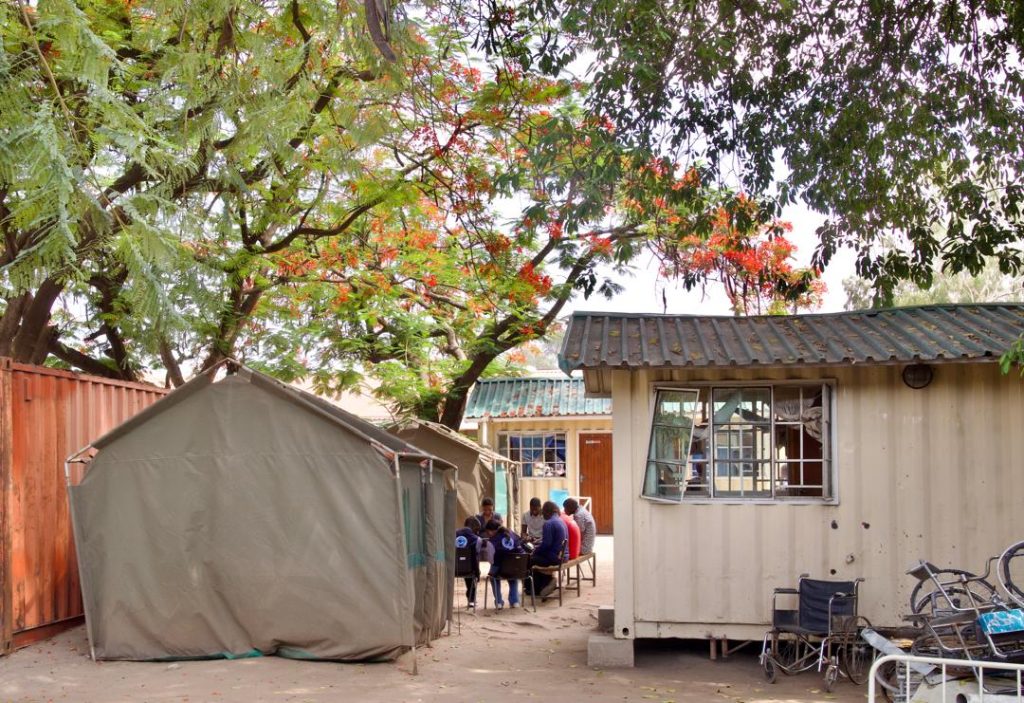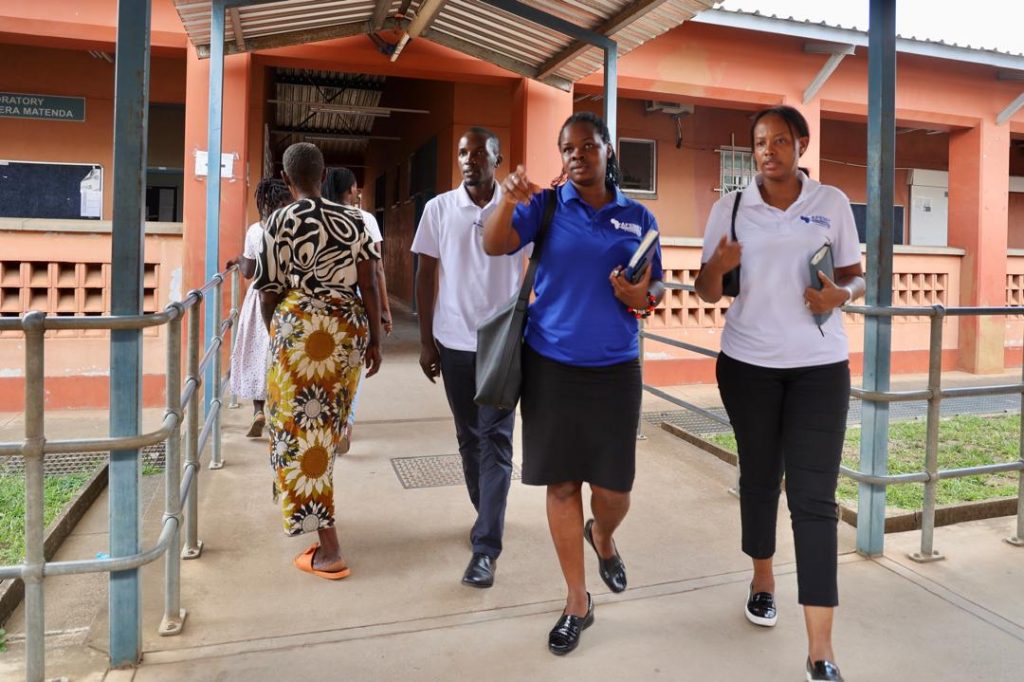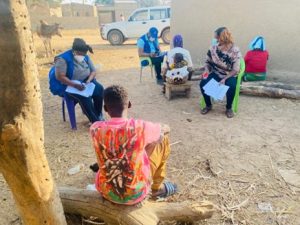Strengthening HIV testing services in Malawi
-
by
AFENET
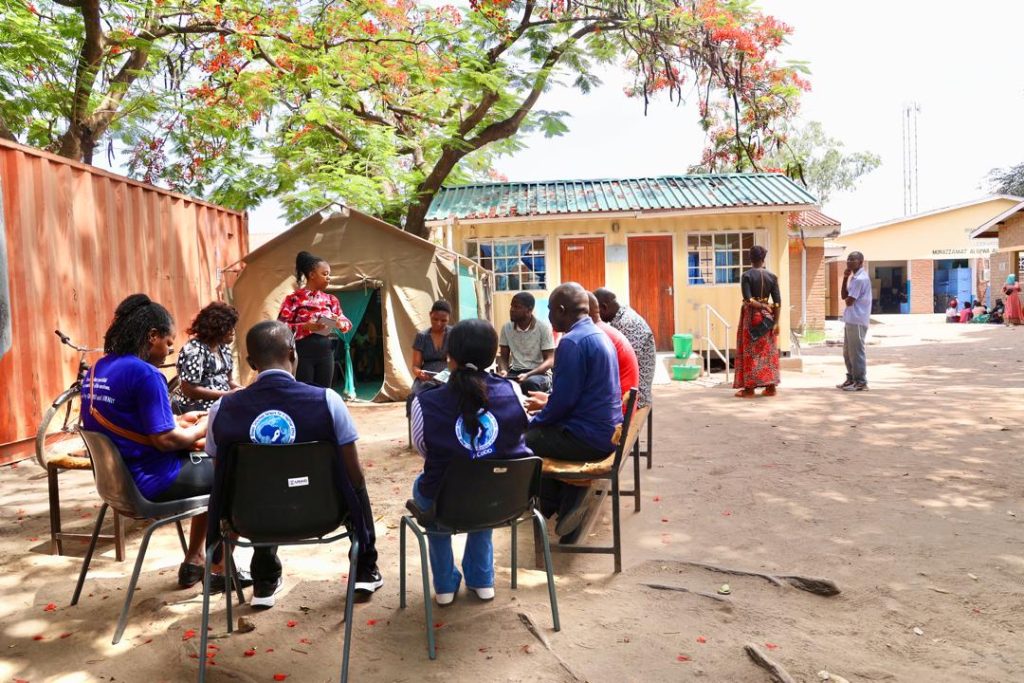
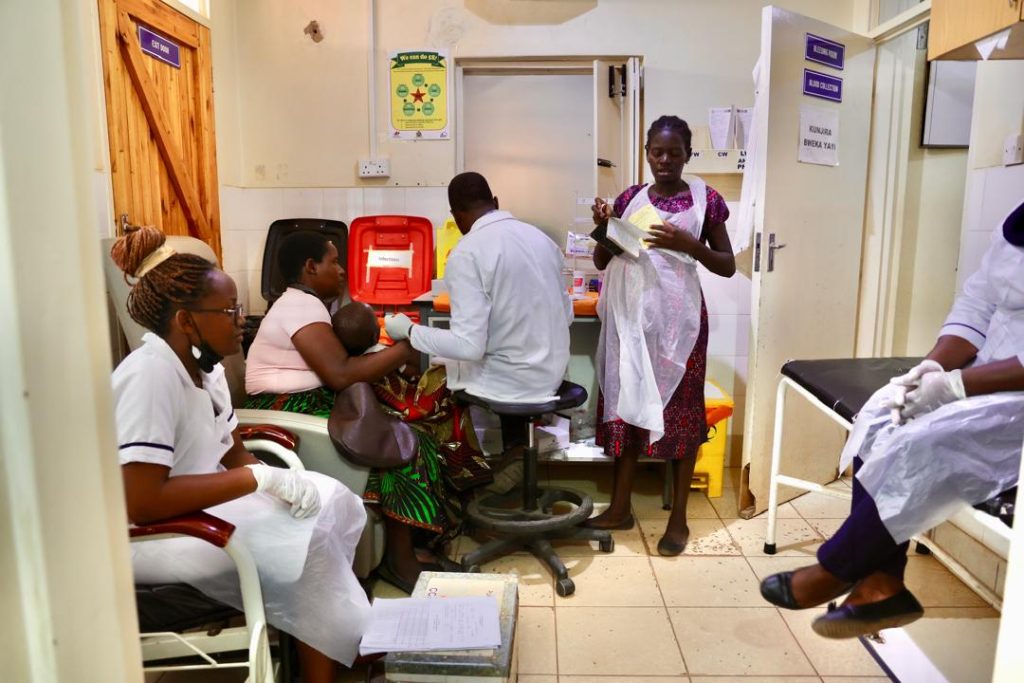
As global health efforts intensify to achieve the UNAIDS 95-95-95 targets for epidemic control, robust quality management systems for HIV testing services are more critical than ever. Reliable and accurate HIV test results are the cornerstone of effective diagnosis, treatment, and prevention strategies.
In 2024, the African Field Epidemiology Network (AFENET), with support from the Centers for Disease Control and Prevention (CDC) and in collaboration with the Malawi Ministry of Health (MOH) and the University of Maryland Baltimore (UMB), implemented the Extension for Community Health Care Outcome (ECHO) project. This initiative aimed to enhance the capacity of HIV Testing Service (HTS) providers and other healthcare workers to deliver high-quality HIV testing services.
Key Highlights of Project ECHO
The project was implemented across 45 facilities in 29 districts of Malawi, providing targeted training and mentorship for HTS providers. These efforts focused on strengthening service delivery, adhering to quality standards, and optimizing patient care.
Support to the 45 project facilities included:
- Logistical Improvements: Provision of IT hardware and infrastructure enhancements to improve laboratory operations.
- Capacity Building: Recruitment and onboarding of additional human resources to support service delivery.
- Skills Development: Comprehensive training and mentorship programs for HTS providers to ensure consistent delivery of accurate and reliable test results.
- The improvement in quality and reliability of HIV testing services.
- The integration of quality management systems into routine operations.
- The sustainability and scalability of the ECHO model for other regions.
